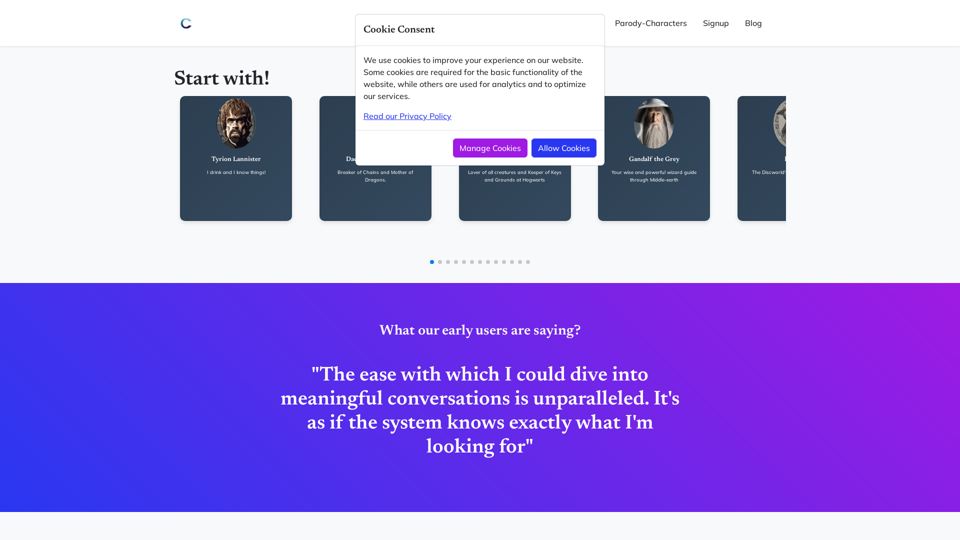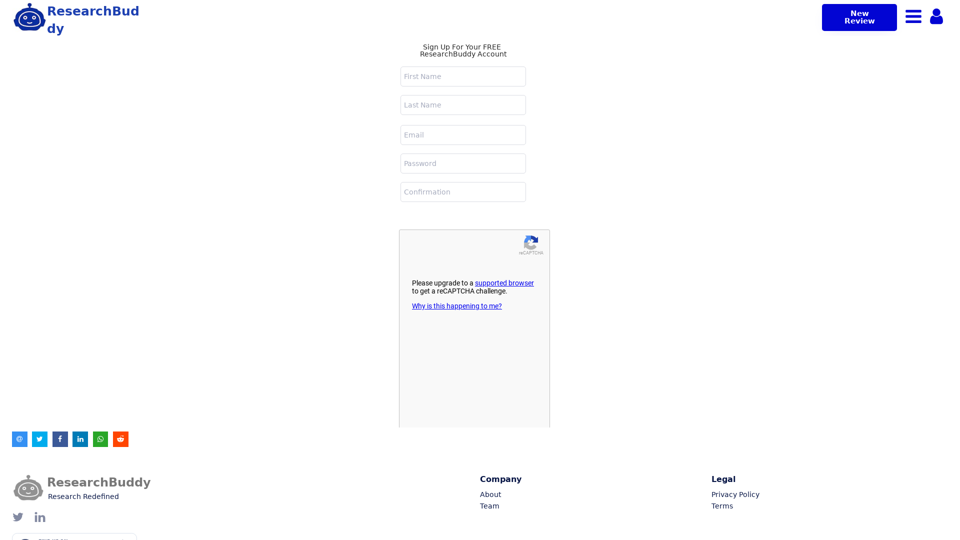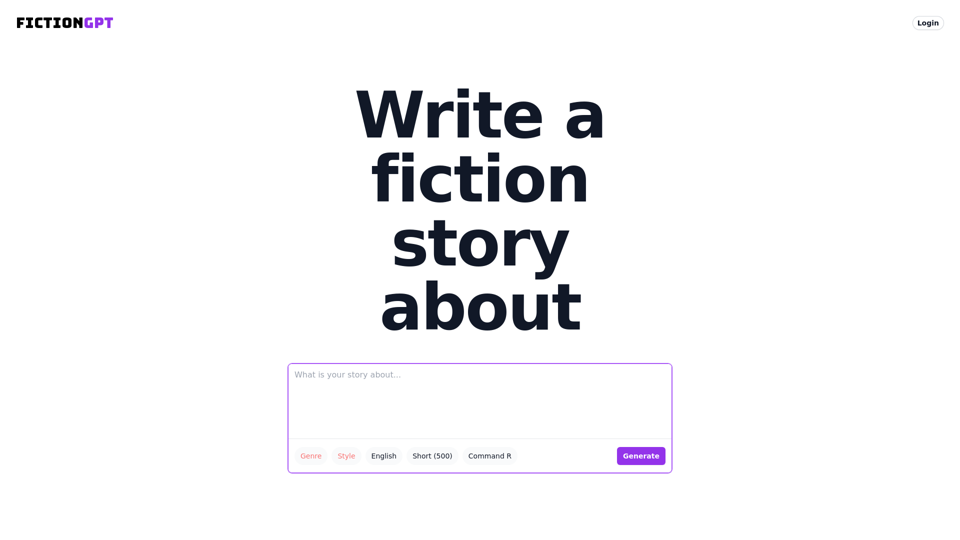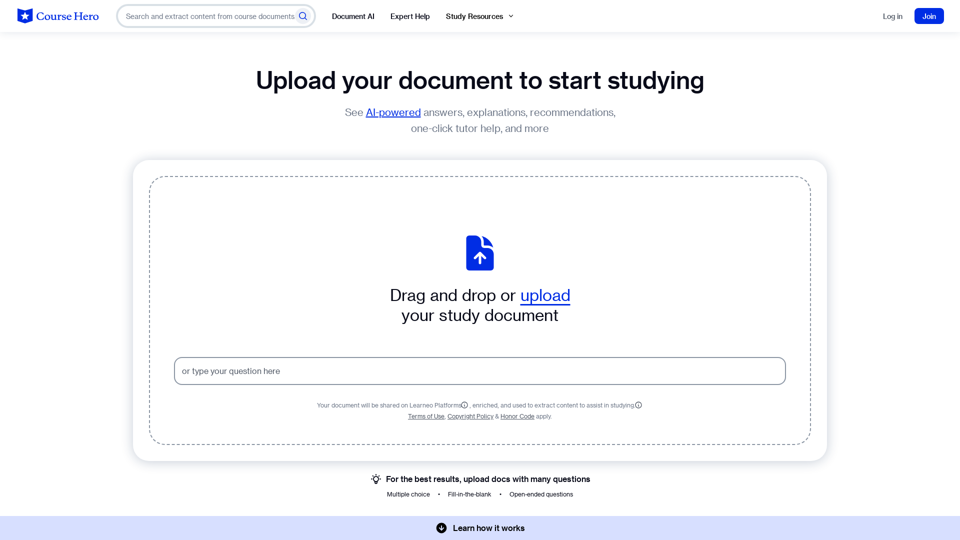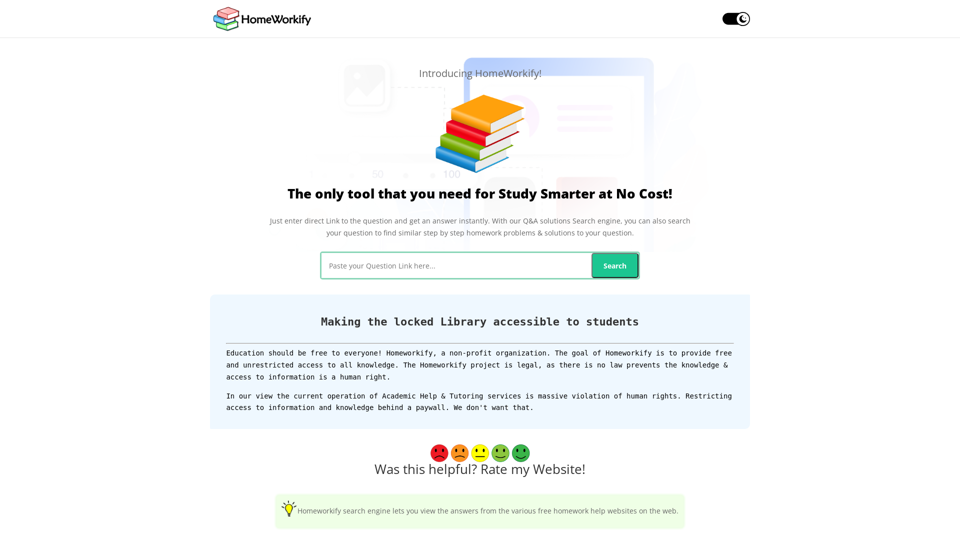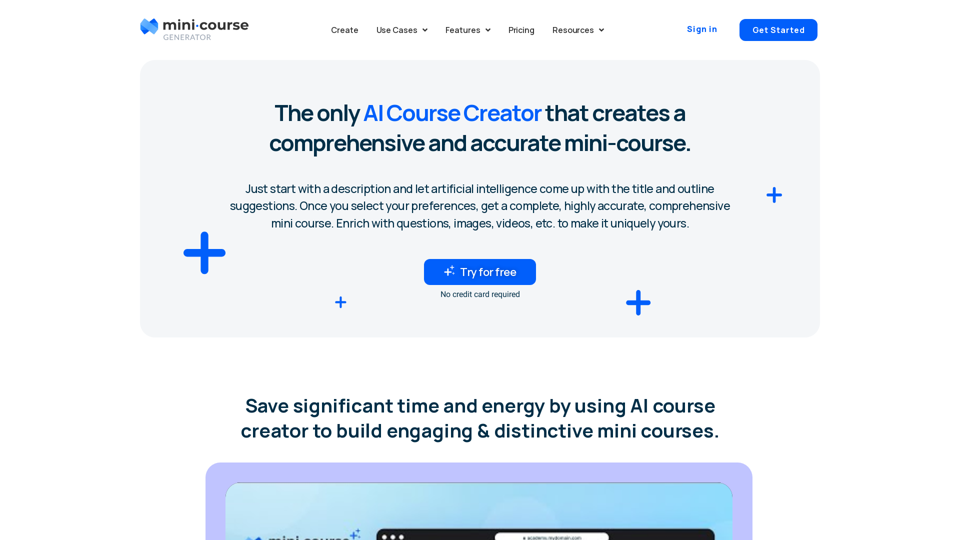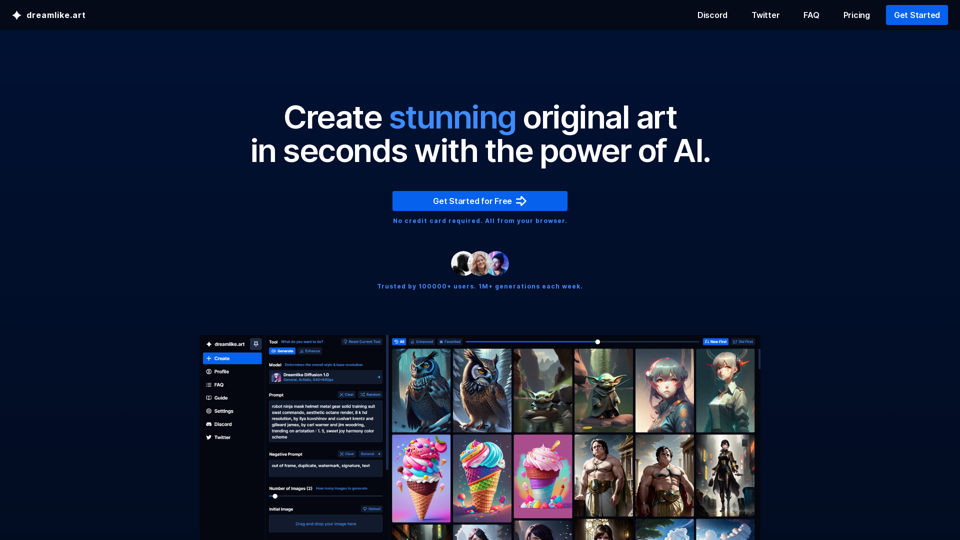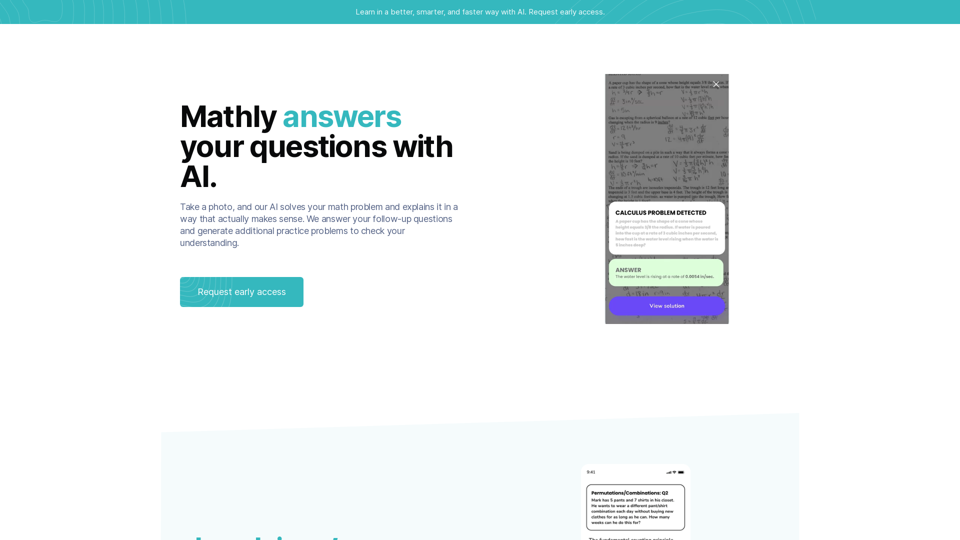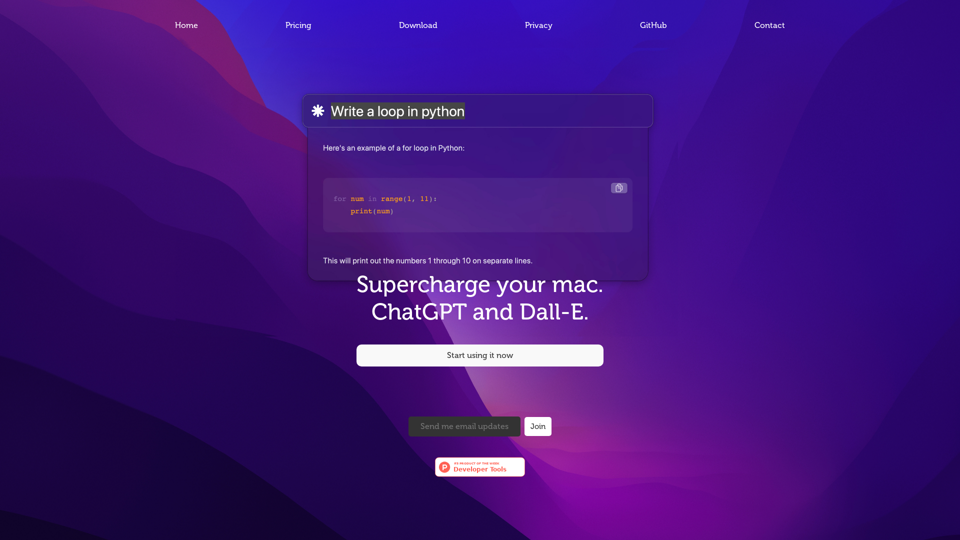What's AI in Knowledge Management?
Artificial Intelligence (AI) in Knowledge Management (KM) refers to the use of AI technologies to enhance the processes of creating, storing, retrieving, and sharing organizational knowledge. AI tools and techniques automate complex tasks, improve data accessibility, and provide personalized user experiences, transforming traditional KM systems into dynamic, intelligent resources.
Benefits of AI in Knowledge Management
Implementing AI in KM offers numerous advantages:
- Improved Information Retrieval: AI-driven systems quickly locate relevant data, enhancing search results and reducing time spent on information gathering.
- Automated Content Curation: AI organizes and updates content automatically, ensuring a well-structured and current knowledge base.
- Enhanced User Experience: Personalized recommendations and intelligent search features make it easier for users to find necessary information.
- Faster Decision-Making: AI surfaces key insights rapidly, facilitating informed decision-making without delays.
- Continuous Learning: AI systems learn from user interactions, continuously improving their ability to deliver relevant content and insights.
- Cost and Time Efficiency: Automation of routine tasks reduces labor costs and increases productivity.
How to Use AI in Knowledge Management
Step 1: Assess Your Current KM System
- Evaluate existing knowledge management tools and methods.
- Identify pain points such as outdated information or inefficient tagging.
Step 2: Clean and Organize Your Data
- Remove redundant or outdated data.
- Ensure consistency in data formats.
- Address metadata gaps with strategies like AI-driven tagging.
Step 3: Choose the Right AI Tools and Platforms
- Select AI platforms that align with your KM needs, focusing on features like intelligent search and automated content classification.
- Ensure smooth integration with existing systems.
Step 4: Train and Customize AI Models
- Train AI models with accurately labeled data to understand and categorize content.
- Implement systems for user feedback to refine AI outputs.
Step 5: Test, Monitor, and Refine
- Conduct rigorous testing for function and accuracy.
- Use analytics to monitor performance and make necessary adjustments.
Step 6: Ensure Compliance and Governance
- Implement strict data privacy and security measures.
- Conduct regular compliance audits and bias monitoring.
AI-powered knowledge management systems offer transformative benefits but require careful planning and execution to overcome challenges such as data quality and user adoption. By leveraging AI, organizations can enhance collaboration, improve decision-making, and drive efficiency.


